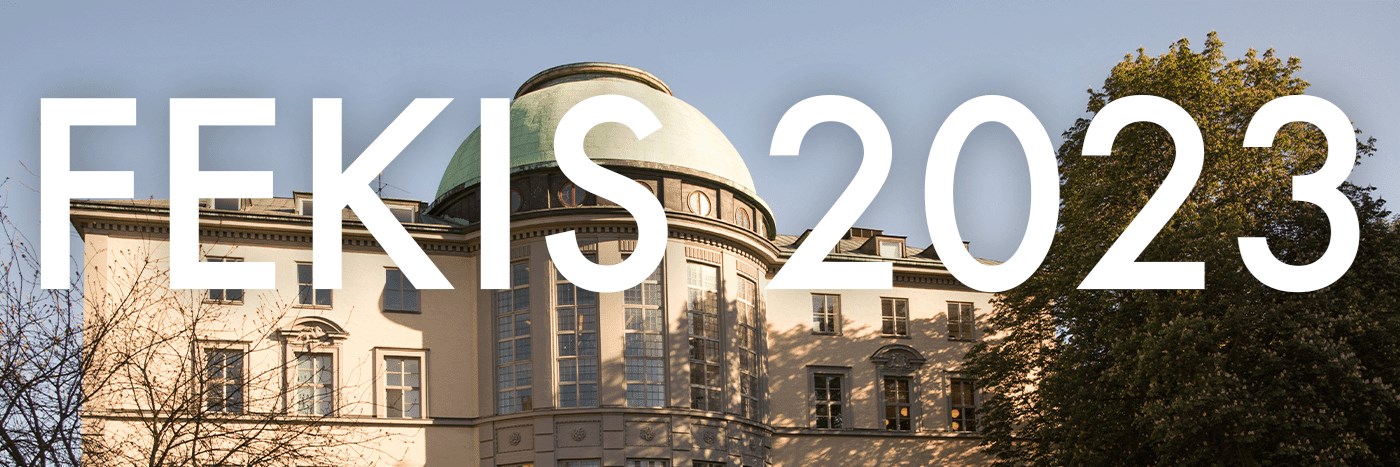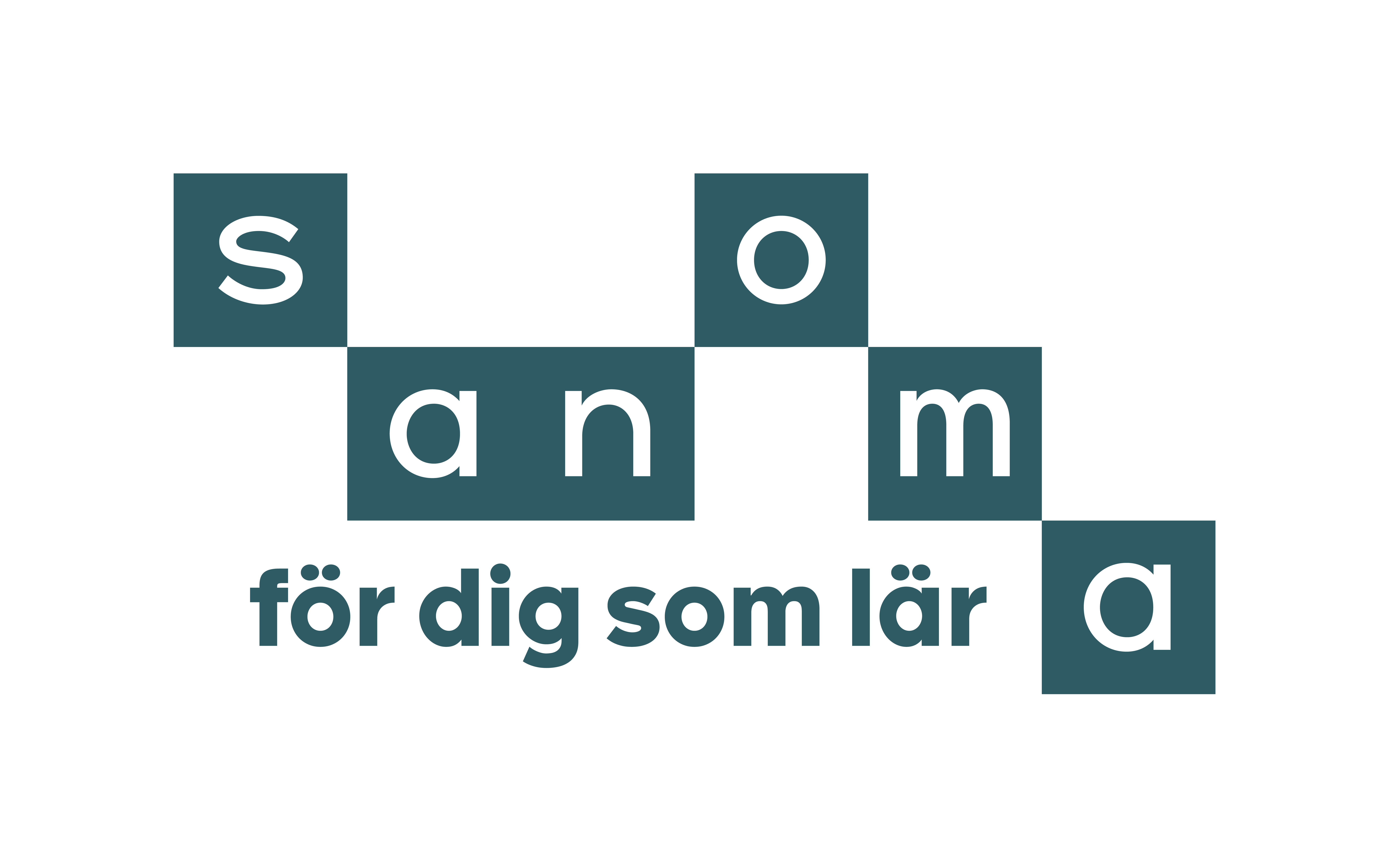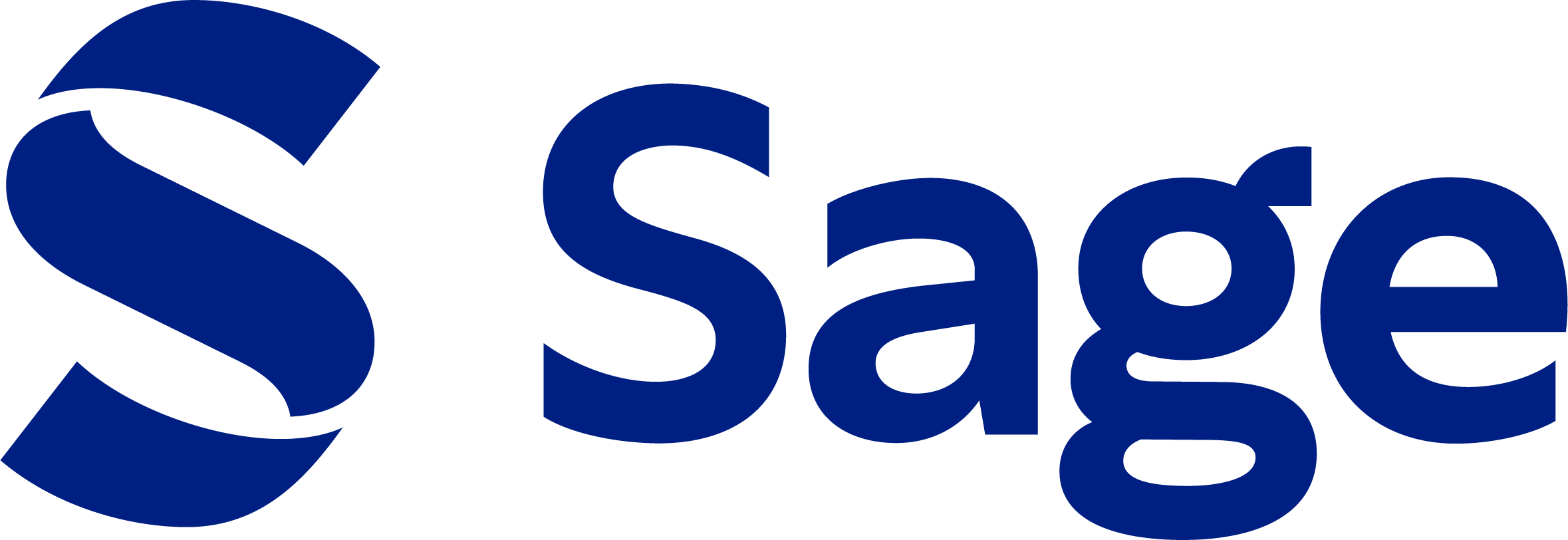
För svenska:
Växla språk i menyn, eller klicka här.
See full schedule here:
Reimagining relevance
The increasing number of university programs and university-educated people in society has been proposed as a contributing cause for the explosion of so-called 'bullshit jobs' (Graeber, 2018) as well as a devaluation of education and an increased focus on formal qualifications and CV embellishment with more focus on form than content, which has been named 'the triumph of emptiness' (Alvesson, 2011).
Business administration as a subject can be considered particularly vulnerable here, as both research and education have long been subject to criticism –research for being too rigorous but irrelevant (Eisenhardt et al, 2016; Gulati, 2007) and education for training future leaders in overly theoretical approaches to the detriment of practical experience and qualitative insights, which can lead to not only bad but catastrophic decisions and system crises (Mintzberg, 2005).
As a counterweight to this, there is now an increasing focus on international rankings of business education and research also emphasizing positive impact on society. For example, impact forms a large part of the Research Excellence Framework in Great Britain, which governs rankings and the allocation of research funds. In recent years, the Financial Times, which makes one of the most influential ranking lists of business schools has also expressed that business schools' one-sided focus on academic publications and citations has led to reduced relevance, and that they will place greater emphasis on societal influence and impact in the future. In Sweden, 18 higher education institutions implemented Vinnova projects to increase collaboration capacity with industry and the surrounding society - the so-called The K3 project - as collaboration can increase the efficiency and quality of everything that a university does, regardless of whether it relates to education, quality work, and can also be directly decisive in dealing with society-wide challenges such as competence supply or sustainability.
Against this background, this year's FEKIS conference invites a broad group of stakeholders (researchers, students, research funders, industry, and society) for a constructive discussion on collaboration and impact in research and education in business administration.
Some overarching topics for the conference are:
- The importance of impact and collaboration in education
Do we train/prepare PhD students in the right way? What is the impact of business education on the practice of business administration? - The importance of impact and collaboration in research
How can the relevance of Swedish business research be strengthened? How is Swedish research evaluated and what role does impact and collaboration play in evaluations? - The importance of impact and collaboration for promotion within academia
What role does impact and collaboration play for promotions within academia? - The importance of impact and collaboration
Is there a formalized Swedish job market within business administration and what does it look like? Should business administration collaborate more closely with industry and society in general (cf. KTH, KI)?
Sponsors





